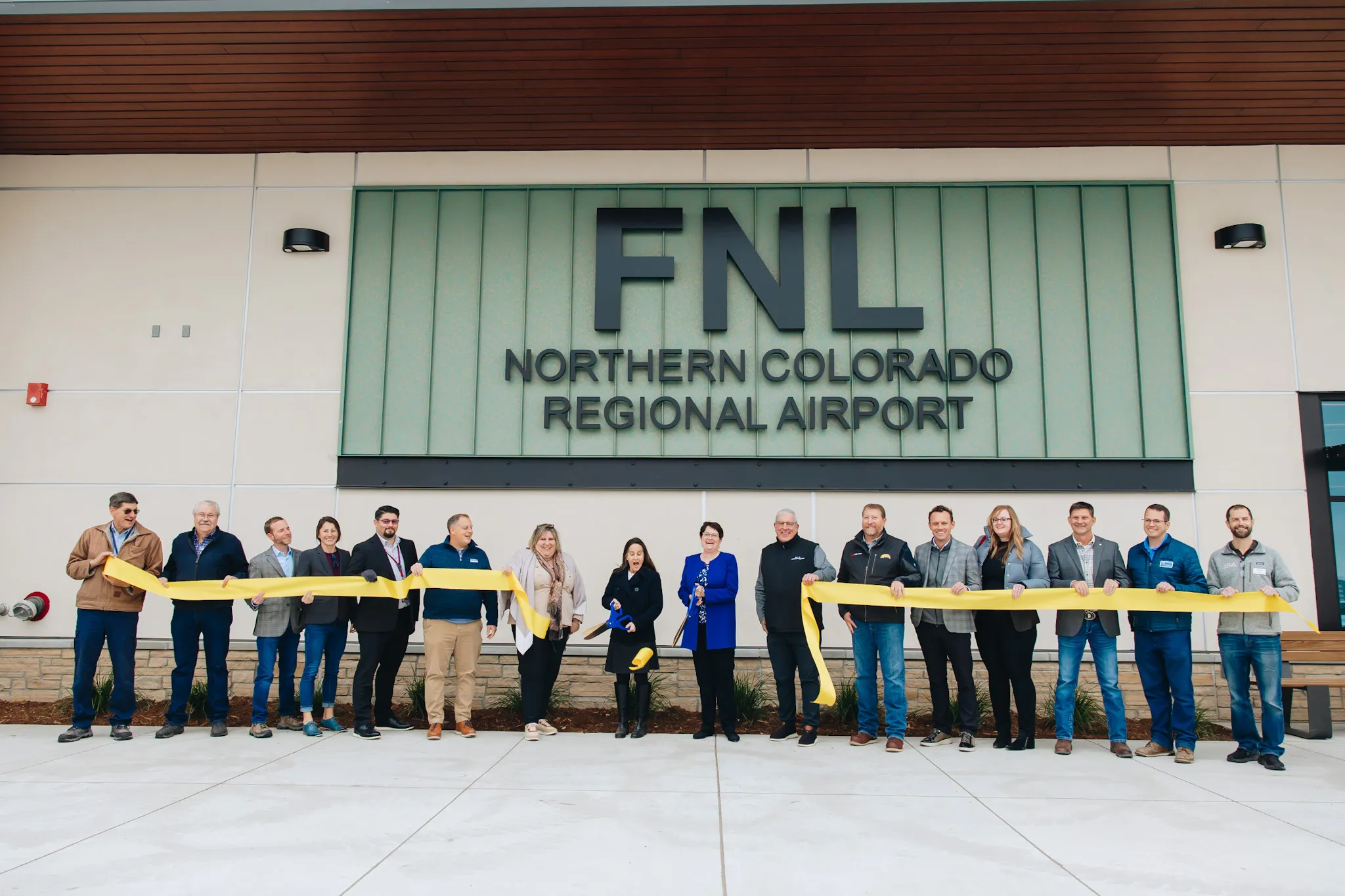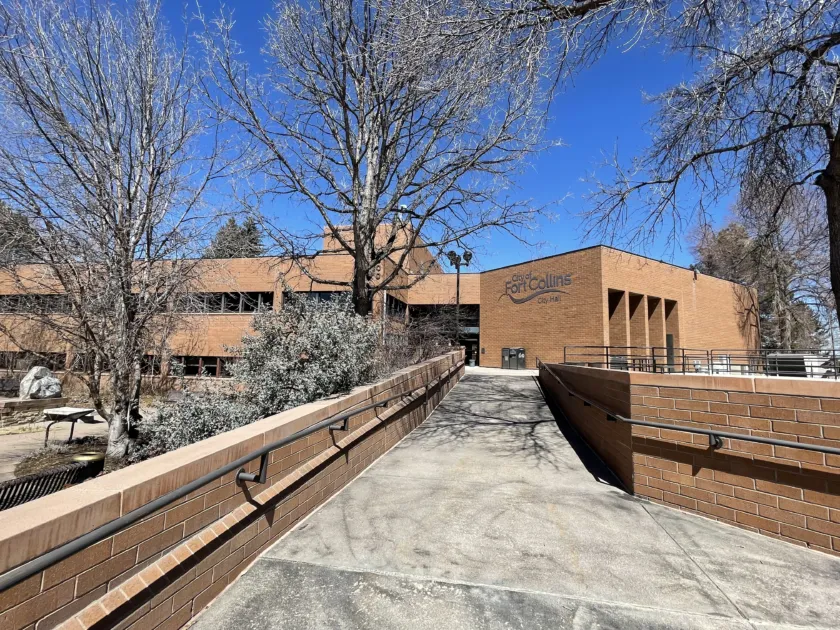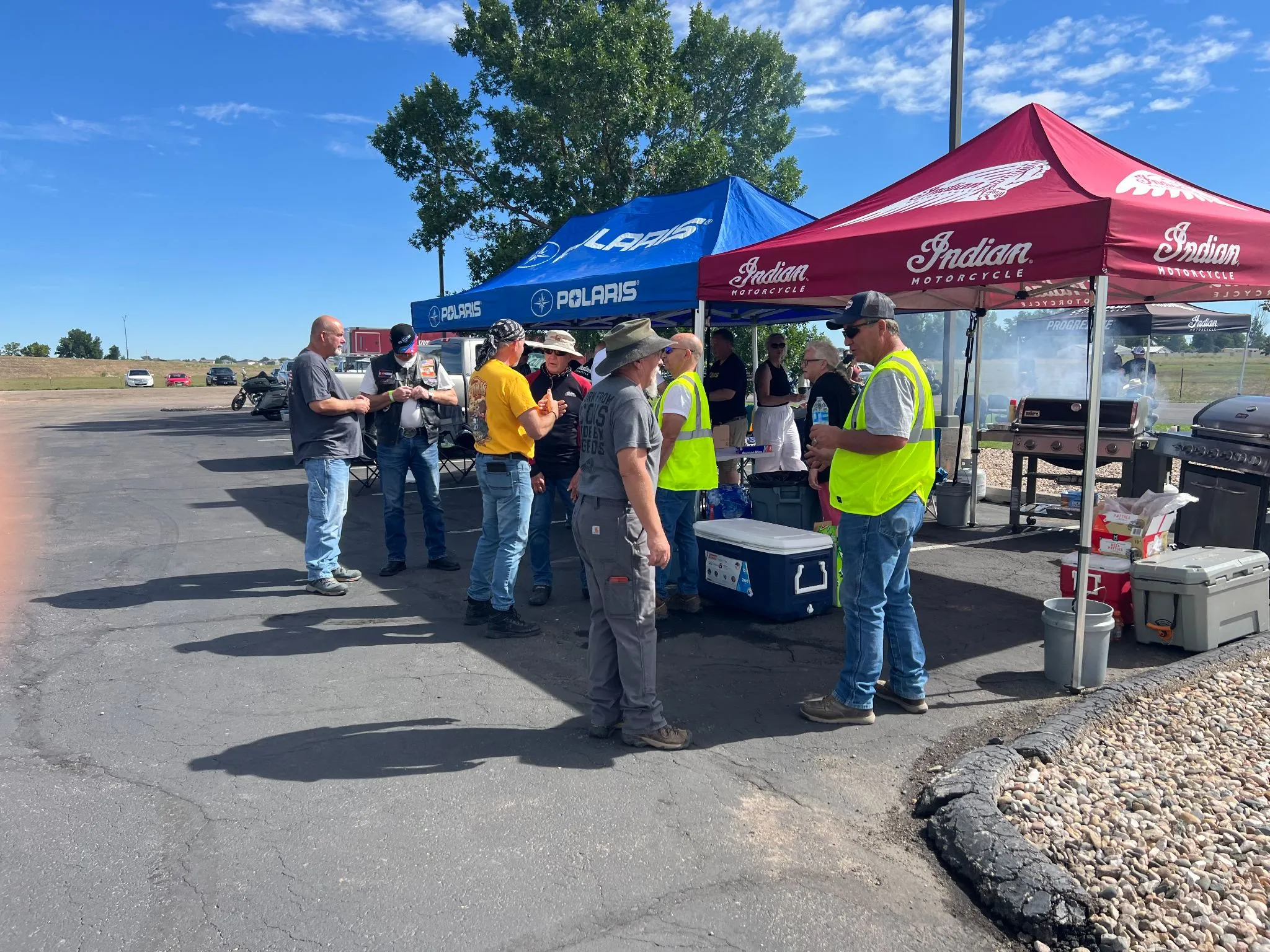Council approves general contractor for regional airport terminal
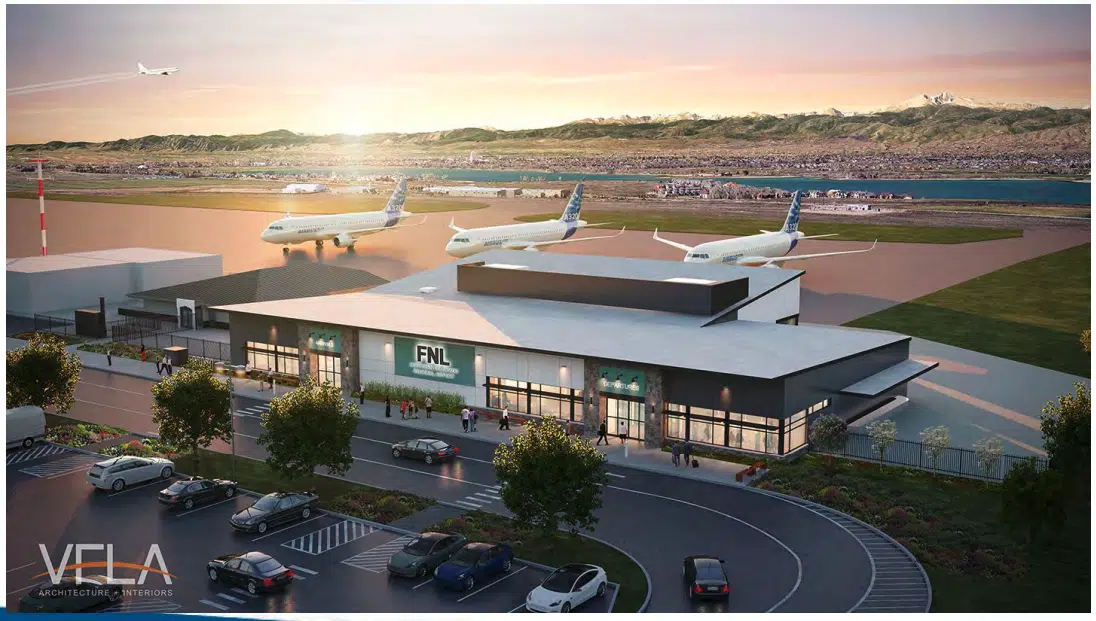
LOVELAND — The Northern Colorado Regional Airport will move forward with construction of a new terminal, but approval of a contract with a general contractor didn’t happen until members of the Loveland City Council had their say over safety issues at the airport.
The airport, jointly owned by the cities of Loveland and Fort Collins, had an opportunity to complete one of the items on its wish list when federal CARES Act money became available. The governing commission, which includes representatives from both communities, selected a new terminal from its list of projects.
Meanwhile, competing interests circled that decision and came before the Loveland council Tuesday night to talk about what they said were misplaced priorities.
SPONSORED CONTENT
On the table was approval of a contract with general contractor Hensel Phelps Construction Co. for $14.86 million. Under the airport’s governance rules, the Loveland council was charged with signing off on the contract.
Aaron Ehle, planning and development manager at the airport, outlined the plans.
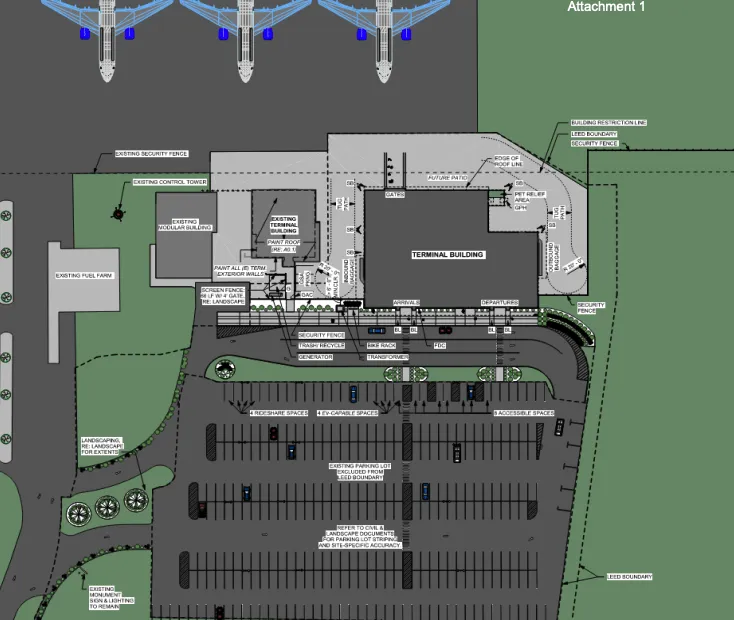
Under the deal, Hensel Phelps would be limited to the dollar amount of the contract and at risk if the project runs over that in cost. The 19,400-square-foot building would be built at $766 per square foot and be completed in the fourth quarter of 2024.
Approval of the contract, however, came with debates over other priorities, most significantly safety for pilots using the airport.
Air traffic control at the regional airport is handled by a temporary remote air traffic control system in anticipation of development of a new remote tower camera system that would be implemented in lieu of a traditional, vertical air traffic control tower.
That remote system is under development by a private company working in concert with the Federal Aviation Administration. In a response to a question from Mayor Jacki Marsh, Ehle acknowledged that the FAA issued a stop order for six months on the development of the new remote tower system in order to permit the vendor to replace 36 cameras with higher resolution models that will increase visibility from two miles to three miles.
“We received good indications from the FAA that they were impressed with the test that they saw when they visited,” Ehle said of a recent FAA inspection of the system.
He said the remote tower project is 100% financed by the FAA and state Department of Transportation. “There’s a high level of incentive to get this approved so they can proliferate this out to other airports,” he said.
While pilots at the meeting complained of near misses and safety concerns, Ehle said the existing traffic control system has improved safety and the proposed new system will be the solution that the airport needs.
Pilots, however, said that while a terminal building is needed sometime, now is not the time. Other priorities take precedence, they said.
Cameron Singh, director of business development for airport tenant Discovery Air, said “now is not the time to tie up federal funds.” Safety concerns “are made worse by the uncertainty of the remote tower. There are other uses for the grant money that could be built by the deadline (imposed by the CARES Act),” he said.
He also complained that Discovery Air does not have access to the airport fuel farm, which is controlled by Discovery’s competitor, jetCenters of Colorado, via a long-term lease with the airport.
He also raised the issue of replacement or repair of civil aviation hangars, many of which will be razed because of liability concerns.
Ehle said the airport commission chose to use the CARES money for the terminal because the air traffic control solution was already being developed with other funding and a terminal is likely to benefit more people than the hangars for private planes.
He also said the fuel farm issue was slated for resolution at a later date. He said the jetCenters lease extends for another 18 years. Discovery could build its own fuel farm on its land, he said.
Loveland city manager Steve Adams said the terminal project, coupled with the remote tower project and expansion of the main runways from 100 feet wide to 150 feet wide — which is slated for 2025 — will position the airport to attract a fixed-route airline to Northern Colorado.
Council members voted 7-1 to approve the contract with Hensel Phelps.
“You don’t throw away $13 million,” council member Richard Ball said.
Marsh voted against, saying “the tower is number one … that has to come first.”
Editor’s note: This article has been corrected to properly attribute quotes from Cameron Singh.
LOVELAND — The Northern Colorado Regional Airport will move forward with construction of a new terminal, but approval of a contract with a general contractor didn’t happen until members of the Loveland City Council had their say over safety issues at the airport.
The airport, jointly owned by the cities of Loveland and Fort Collins, had an opportunity to complete one of the items on its wish list when federal CARES Act money became available. The governing commission, which includes representatives from both communities, selected a new terminal from its list of projects.
Meanwhile, competing interests circled that decision and came before…

